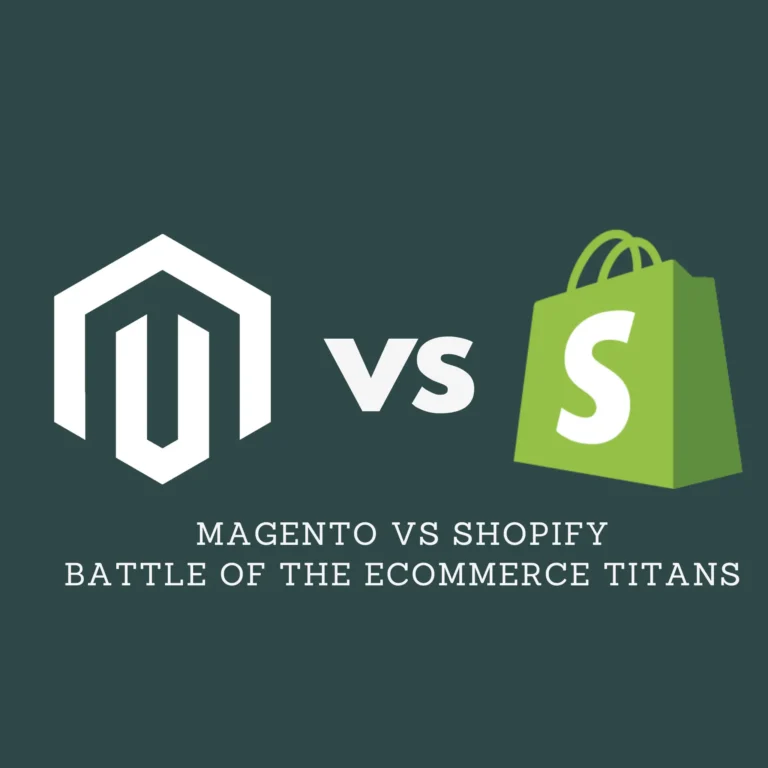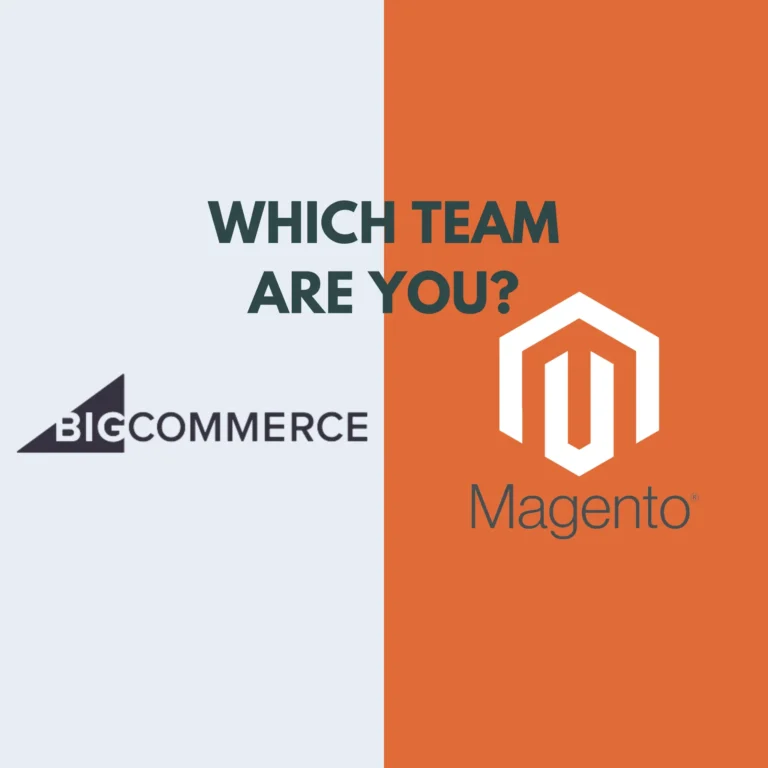Thanks to the best e-commerce platforms, moving a business online has become a seamless task. In fact, these solutions have made it easier than ever to build a successful and scalable online store that facilitates long-term growth. However, with numerous e-commerce platforms available on the market, choosing the most suitable option can be confusing. This post has summarized factors you should consider when selecting an e-commerce platform. Without further ado, let’s get started.
How to Select a Suitable E-commerce Platform
Due to the sheer number of e-commerce platforms available on the market, it is vital to consider those that cater to your unique business needs. So, whether you have a brick-and-mortar store and want to expand your operations online or simply want an e-commerce platform that supports a large inventory, you can be sure of finding a platform that caters to your needs. Below is an overview of crucial factors to consider when choosing an e-commerce platform:
Ease of Use
The e-commerce industry is booming. Small and medium-sized businesses want to keep up with the trends, while large enterprises want to scale up and ensure seamless customer experiences effortlessly. If you are entering the e-commerce market, you also want your platform to handle processes while leaving room for growth efficiently.
It is also vital to have a platform that you can easily customize without the need to call a web designer or developer. Shopify and BigCommerce do not need users to have experience in web development. Furthermore, these e-commerce platforms offer plenty of support to ensure the smooth running of online stores.
Security
Security is among the most vital factors that ensure a successful online shopping experience. If customers are not sure that you will protect their personal and financial information, it is likely that they will not buy from your e-commerce store. Thus, your preferred e-commerce platform must feature the latest security features and practices, including SSL encryption technology, PCI compliance, data backups, and fraud prevention, among many others.
It is also vital to note that the best e-commerce platforms, like Magento Commerce, feature regular security audits that aid in identifying potential security threats. In addition, platforms like Shopify and Magento provide two-factor authentication, which helps decrease website vulnerability.
SEO and Other Marketing Features
Visitors are more likely to visit your website if they find it ranking high in search engines, hence the importance of search engine optimization (SEO). The best e-commerce platforms feature efficient SEO-friendly marketing features that enable users to add a meta description, title, blog, Google map support, or even images, which increases search engine rankings. Examples of good SEO e-commerce platforms include Magento Commerce, WooCommerce, OpenCart, and Onveos, among many others. Note that you should also consider other marketing tools, such as mailing subscription lists, social media marketing, and content marketing, among many others. Using themes with top-performance like Magento 2’s Hyva theme will also help boost your SEO ranking.
Best Value
When searching for an ideal e-commerce platform, it is vital to consider the long-term costs. Ideally, you want to get the most value for your investment. The pricing of the best e-commerce platforms varies depending on their design, hosting, maintenance, development and upgrades, configuration, and many more.
For instance, the Magento Open Source platform offers all the tools to run a basic e-commerce store. However, the Magento Commerce Software is a paid subscription that offers advanced features, such as enhanced security features, faster load times, advanced reporting and analytics tools, and many more.
Mobile Functionality
Approximately 60% of product searches take place via mobile devices. Such users proceed to purchase from these mobile devices, meaning that you need a mobile-friendly e-commerce platform that enables customers to visit your online store efficiently. Magento and Shopify feature a responsive, mobile-friendly platform compatible with various mobile devices.
Extensions and Integrations
Although most e-commerce platforms have everything you need to run an online store successfully, you still need to install apps and extensions to ensure that your store keeps up with the trends. Such integrations, such as payment processors, email marketing tools, calculators, and shipping apps, among many others, enhance your web store’s functionality.
Customer Support
Visitors can experience server downtimes, crashes, and software outages can happen at any time. Thus, customers must always have access to prompt customer support to ensure they do not experience unnecessary challenges when visiting your site and purchasing products. Such issues affect your brand reputation and cause you to lose sales.
Therefore, you should ensure that your preferred e-commerce platform has 24/7 technical support via multiple channels. Note that most customers prefer live chat as it allows them to get answers promptly.
Bottom Line
Selecting the best e-commerce platform for your needs is crucial in running a successful e-commerce brand. Otherwise, you would choose the wrong platform, requiring you to switch platforms. Often, this is a time-consuming, frustrating, and costly process. However, by considering the factors listed above, you can choose an e-commerce platform that caters to the needs of your online business.



A Complete Guide To Selecting an E-commerce Platform